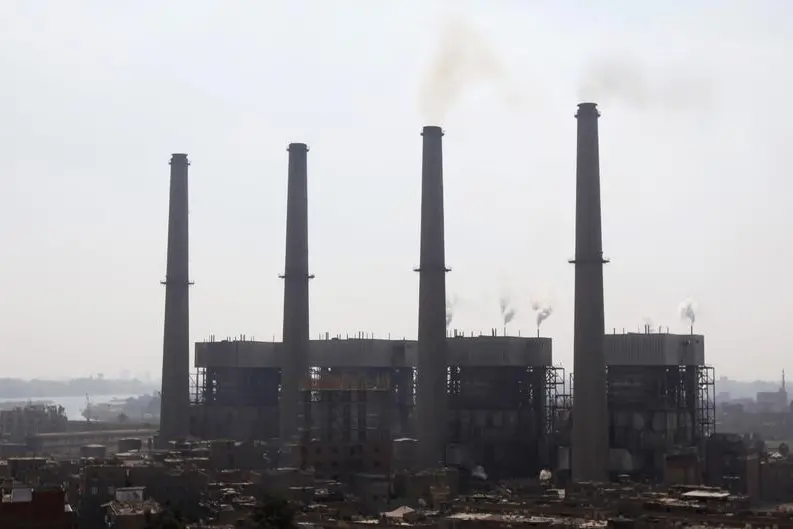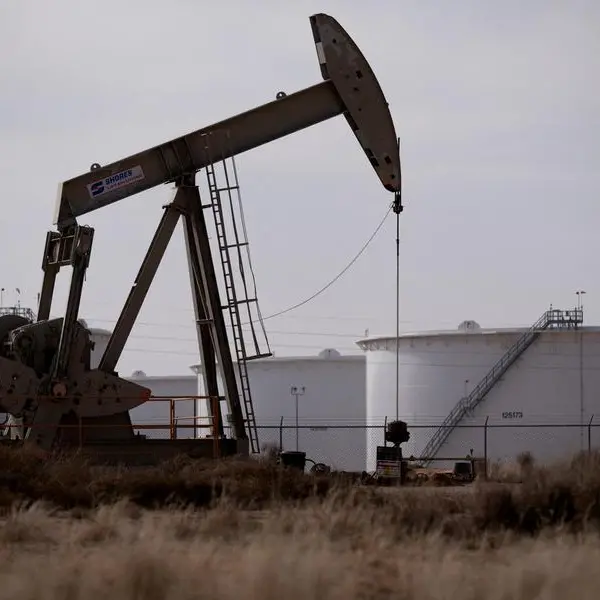PHOTO
Egypt is getting ready to double its electricity production, reports Ahmed Kotb
The eight billion euro deal signed between Egypt and the German industrial group Siemens during president Abdel-Fattah Al-Sisi's visit to the European country last week is expected to increase Egypt's power generation capacity by 50 per cent within a few years.
According to the deal, initially agreed upon in a memorandum of understanding announced during the Egypt Economic Development Conference in March, 16.4 gigawatts (GW) of capacity will be added to Egypt's national grid, with 14.4 GW of these from gas power plants and 2 GW from wind turbines.
The current capacity of the national grid hovers around 32 GW, with consumption rising during peak periods to reach 28 GW.
Under the agreement, Siemens will build 24 H-Class gas turbines to run three power plants fueled by natural gas with a capacity of 4.8 GW each. The company claims the three power generation facilities will be the largest in the world once completed.
Additionally, it said it will also build a rotor blade manufacturing facility in Egypt that is scheduled to start operation by the second half of 2017 and will provide job opportunities and training for up to 1,000 people.
The energy deal also stipulates that Siemens will deliver 12 wind farms, comprising around 600 wind turbines and an installed capacity of 2 GW. Renewable energy production is part of government plans to generate more than 7 GW or 20 per cent of the national grid's capacity from renewables.
Financing the new German energy projects will be done through Siemens' financial services with a repayment period of 12 years and a three-year grace period. However, some experts believe that the cost to Egypt in the long run will still be very high.
"The H-Class gas turbines are state-of-the-art technology that requires long-term maintenance deals with the German company alone for at least 10 years at high cost," said Akram Youssef, an expert on power generation. He added that maintenance costs for one turbine over five years might be as high as the price of the turbine itself.
The deal with Siemens should have included an agreement that the company build a factory for spare parts in Egypt to lower the cost of maintenance, Youssef said. However, despite the burden Egypt is expected to bear as a result of building the new power plants with a loan, the deal will give an unprecedented boost to local power generation and enough to secure the country's vast development plans.
Since fuel shortages have been cited by officials as the main problem facing electricity production in Egypt over the last couple of years, being responsible for constant power cuts and the worst energy crisis the country has seen, questions are being raised about providing the needed natural gas supplies to run the new power plants.
Mohamed Al-Yamani, a spokesperson for the Ministry of Electricity and Energy, told Al-Ahram Weekly that supplies to the plants would be secure, as they had been promised by the Ministry of Petroleum which is responsible for producing and importing natural gas to cover domestic needs.
He also said the country had not been experiencing the nagging power cuts it saw last summer because of the stable natural gas supply to the existing power plants. "The stability of the fuel supply will continue through the month of Ramadan as new shipments of imported natural gas are expected soon," he said.
The first power plant to be built under the Siemens deal is expected to start operation by summer 2017 with a capacity of 4.8 GW, Al-Yamani noted.
© Al Ahram Weekly 2015





















